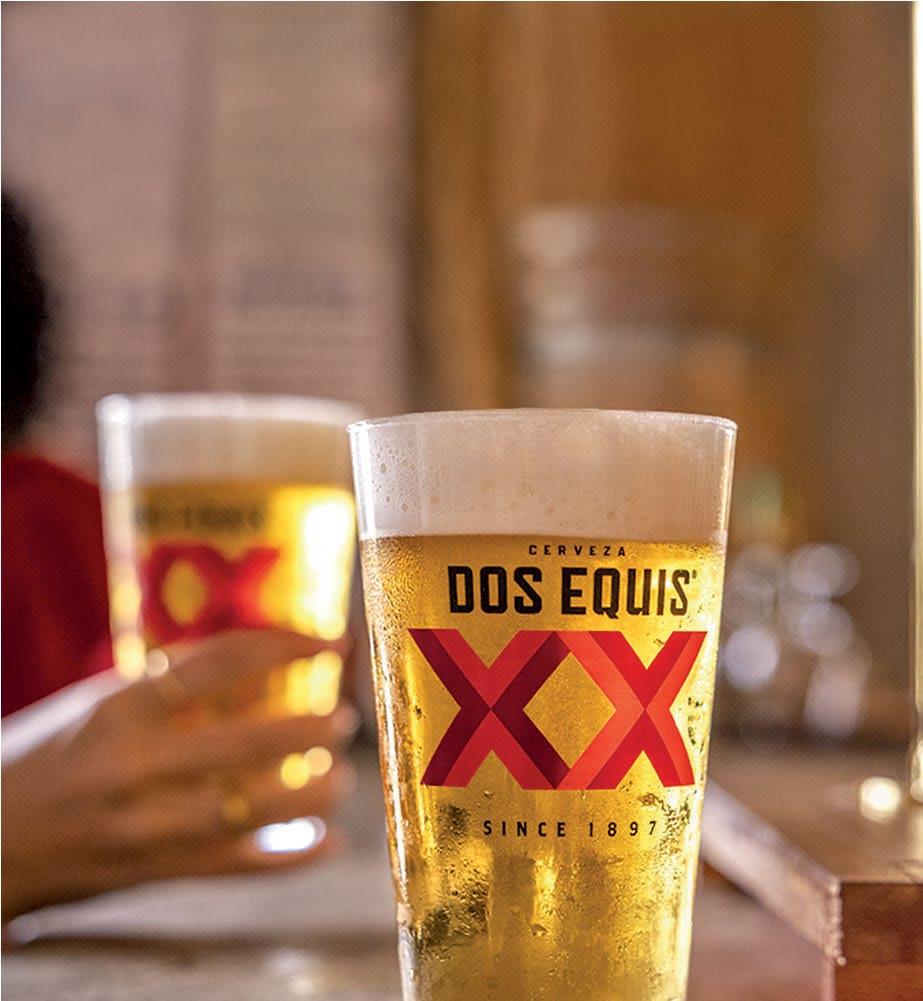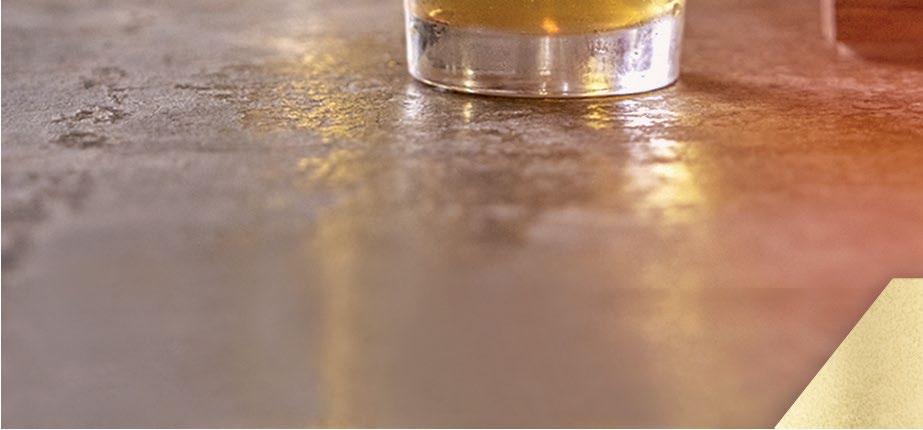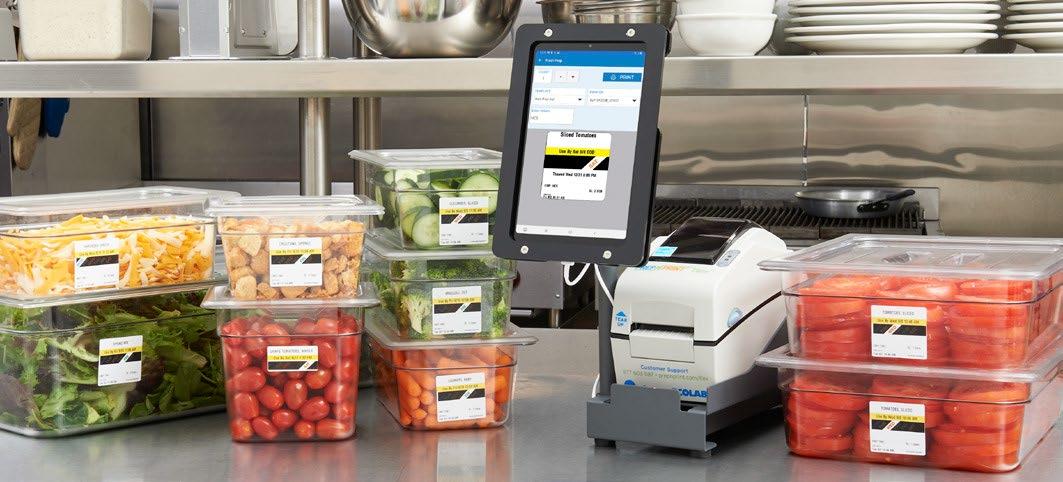
5 minute read
Be Aware of These Three Sales Tax Pitfalls for Restaurants
Be Aware of These 3Sales Tax Pitfalls for Restaurants
Sales tax seems straightforward, right? If you know your sales tax rate, you simply multiply it by the amount of sales for the period, fill out your return and send off the money. Easy peasy!
Advertisement
Not so much.
Here are three challenges our sales tax experts have identified as particular issues for our restaurant clients:
1Marketplace Facilitators
A “marketplace facilitator” is a business that facilitates the sale of another company’s products. One of the responsibilities of a marketplace facilitator might include remitting sales tax on its sales. Or maybe not. It depends on the state’s rules (each state is different) and the vendor.
How does this affect you? Many restaurants use delivery services such as DoorDash, Grubhub and Uber Eats. These companies may be considered marketplace facilitators, which is where the challenge starts creeping in.
If the delivery service does remit sales tax on its orders, a common problem is that those sales are often also counted by the restaurant when calculating its sales tax. That means both parties paid the sales tax on the same orders, resulting in an overpayment by the restaurant. Multiply that by many delivery orders over many months and you start to see how this problem can mushroom very quickly into some significant dollars. Then imagine how hard it might be to go back to recalculate the correct amount of sales tax and then retrieve the overpayment from the state and local taxing jurisdictions. Once the government has your money, it’s reluctant to give it back.
Even if your state requires marketplace facilitators to remit sales tax, not all delivery services take on that responsibility. It’s up to the restaurant to know which services are remitting sales tax and which ones aren’t.
How do you know? You need to do the research. Start with the vendor contract, which should outline who’s responsible … but as you know, people don’t always follow through on their contractual obligations. Your next step is to contact the vendor to confirm whether they’re keeping up their end of the bargain. And recognize that just because they’re remitting sales tax this month doesn’t mean they’ll still be doing it a few months from now, so you need to check back in regularly to confirm. Look at the billings you receive from delivery services – in detail – to ensure you’re not overpaying or underpaying your sales tax.
As mentioned above, different states treat marketplace facilitators in different ways. Some states specifically exclude restaurants and food sales from these rules, meaning only the restaurant is responsible for remitting sales tax. Some states have a specific threshold – either a certain dollar amount of sales or number of transactions – that triggers the sales tax responsibility
by Stacy Smith
for a marketplace facilitator.
When it comes down to who’s responsible for ultimately paying sales tax, it’s your restaurant. Don’t assume that the delivery service is taking care of it, because any delinquent tax and penalties will be your responsibility.
2Rate Monitoring
If you’ve been in business for a while, you know that sales tax rates change frequently. It’s your responsibility to keep up with updated rates, which can be a bit like going on a treasure hunt. Not only does your state charge sales tax, but you’re responsible to other taxing jurisdictions, including your county, city and locality. According to the nonprofit taxfoundation.org, in 2021 there were more than 11,000 sales tax jurisdictions in the U.S., with widely varying rates.
To complicate an already complicated system, not everything is subject to sales tax at the same rate. Some jurisdictions add on extra assessments for sodas and other sugary drinks, for example. Some jurisdictions tax food eaten inside a restaurant different than carryout meals. Legislators are notorious for taxing new and interesting things all the time.
Usually, taxing authorities will send a notification of updated rates. So be sure to keep up with your snail mail and email. But also keep up with your local news outlets because you may not receive a personal notification. Our sales tax expert told us of a large metropolitan city that decided a few years ago to assess a special tax that only applied to restaurants … but then didn’t tell anyone. So periodically check the websites of your taxing authorities to ensure you’re up to date and make corrections quickly. Those penalties can add up!
3Use Tax
Use tax – sometimes called “compensating use tax” – is a type of tax paid when sales tax has not been assessed. It happens more commonly with online purchases from out-of-state vendors who either don’t charge sales tax or don’t charge the appropriate amount. Refer to No. 2 above – sometimes it’s hard to know the correct sales tax rate for a particular jurisdiction!
The purpose of use tax is to protect your state’s businesses from unfair competition from out-of-state businesses that don’t collect sales tax. It also protects your state’s tax coffers. If sales tax was not assessed on a purchase, your business is responsible for filing a use tax return and paying the appropriate rate.
You may think your business is not subject to sales tax – after all, you’re purchasing food for resale. But if your business is the final consumer of equipment, fixtures, tools or other noninventory items, you’re responsible for ensuring that sales (use) tax is paid on those purchases. This especially comes to light when you’re in a restaurant remodeling project. Depending on your state’s rules, use tax may also apply to digital purchases such as software.
Use tax returns are due periodically, just like sales tax returns. Some states combine sales and use tax reporting and other states separate the reporting and remittance of these taxes.
Sales tax can be complicated, and it’s important to pay attention to the rules to ensure you’re reporting and remitting the correct amounts. S

GET A DOSTM
STACY SMITH, CPA, is a shareholder of Mize CPAs Inc. – a full-service accounting firm that has provided the Elevanta accounting and payroll solution since 2003.

with
A more efficient labeling program
• All Buffalo Wild Wings food items already loaded • Save labor versus handwriting labels • Uses genuine Daydots labels, leaving no residue • Accurate, Consistent, Quick and Legible • Intuitive App, Printer requires no ink
Visit our Ecolab website to order: bit.ly/bwwflex
Ecolab Food Safety Solutions foodsafety.ecolab.com prepnprintflex.com 800 321 3687







